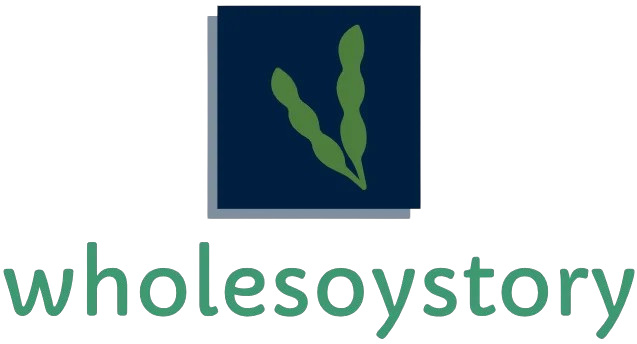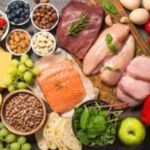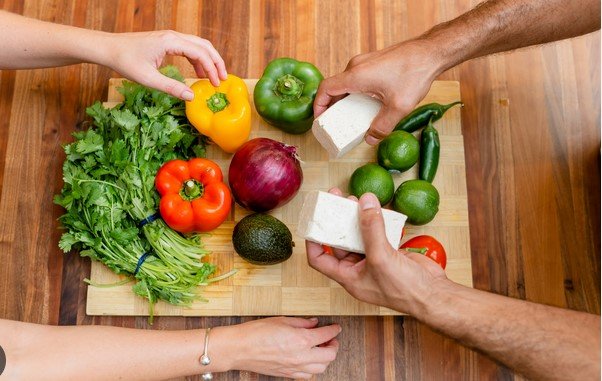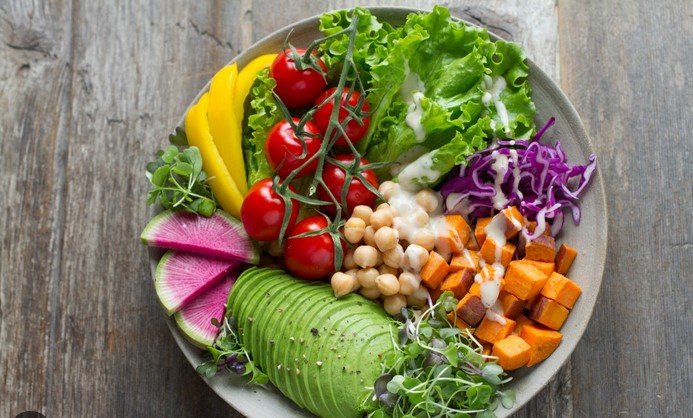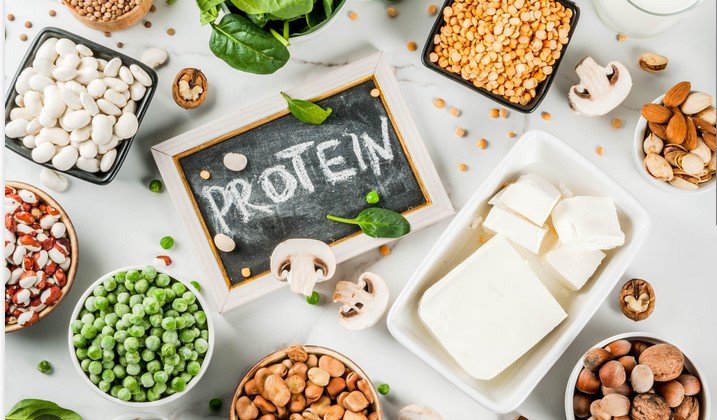Adopting a vegan lifestyle offers a wealth of health benefits, but it’s essential to be mindful of your nutritional intake to ensure you’re getting the right balance of vitamins, minerals, and macronutrients. A well-planned vegan diet can meet all your nutritional needs, but it requires careful attention to key nutrients that are abundant in plant-based foods. In this guide, we’ll walk you through how to meet all your nutritional needs on a vegan diet.
1. Protein: The Building Block of Life
Why It’s Important: Protein is essential for muscle repair, immune function, and hormone production.
Vegan Sources: You can easily get enough protein on a vegan diet by including plant-based sources such as:
- Lentils and beans
- Tofu and tempeh
- Quinoa
- Nuts and seeds (e.g., chia, hemp, and pumpkin seeds)
- Edamame
Tip: Combine different protein sources, such as beans with whole grains like rice, to ensure you’re getting all nine essential amino acids.
2. Vitamin B12: The Essential Vitamin for Nerve Health
Why It’s Important: Vitamin B12 is crucial for nerve function, DNA synthesis, and red blood cell production. It is naturally found in animal products, so vegans need to get it from fortified foods or supplements.
Vegan Sources:
- Fortified plant-based milk (soy, almond, oat)
- Fortified breakfast cereals
- Nutritional yeast
- B12 supplements (if needed)
Tip: Make sure to check the labels for B12-fortified products and consider taking a B12 supplement if you are not consuming fortified foods regularly.
3. Omega-3 Fatty Acids: Boosting Brain and Heart Health
Why It’s Important: Omega-3 fatty acids play a key role in reducing inflammation, improving brain function, and supporting heart health.
Vegan Sources:
- Flaxseeds (ground or oil)
- Chia seeds
- Walnuts
- Hemp seeds
- Algal oil (supplement form)
Tip: Add ground flaxseeds to smoothies or oatmeal to increase your omega-3 intake.

4. Iron: Building Red Blood Cells
Why It’s Important: Iron is vital for producing hemoglobin, the protein in red blood cells that carries oxygen throughout the body. Vegan sources of iron are non-heme iron, which is less easily absorbed than the heme iron found in animal products. However, with proper planning, you can meet your iron needs.
Vegan Sources:
- Lentils and beans
- Tofu and tempeh
- Spinach and other dark leafy greens
- Quinoa
- Fortified cereals
- Dried fruits like raisins and apricots
Tip: To enhance iron absorption, pair iron-rich foods with vitamin C-rich foods like bell peppers, oranges, and strawberries. Avoid consuming coffee or tea with meals, as they can inhibit iron absorption.
5. Calcium: Strengthening Bones and Teeth
Why It’s Important: Calcium is essential for bone and dental health. While dairy is a common source of calcium, there are plenty of plant-based options.
Vegan Sources:
- Fortified plant-based milks (almond, soy, oat)
- Tofu made with calcium sulfate
- Dark leafy greens (kale, bok choy, collard greens)
- Almonds and sesame seeds
- Figs
Tip: Be sure to include calcium-fortified foods in your diet or take a calcium supplement if necessary to meet your needs.
6. Vitamin D: Strengthening Bones and Immune Function
Why It’s Important: Vitamin D plays a crucial role in calcium absorption, bone health, and immune system function. Since it’s difficult to get enough vitamin D from food alone, the sun is an important source.
Vegan Sources:
- Fortified plant-based milk
- Fortified orange juice
- Mushrooms (especially those exposed to UV light)
- Vitamin D2 or vegan-friendly vitamin D3 supplements (from lichen)
Tip: Try to get some sun exposure for natural vitamin D production, especially in the winter months. If you live in areas with limited sunlight, consider a supplement.
7. Iodine: Supporting Thyroid Function
Why It’s Important: Iodine is essential for thyroid function, which regulates metabolism, energy production, and growth.
Vegan Sources:
- Sea vegetables (e.g., seaweed, nori, wakame)
- Iodized salt
Tip: Use iodized salt in moderation, or incorporate seaweed into your meals, such as in sushi or soups.
8. Zinc: Promoting Immune Health and Healing
Why It’s Important: Zinc supports immune function, wound healing, and DNA synthesis.
Vegan Sources:
- Beans and lentils
- Nuts and seeds (especially pumpkin seeds)
- Whole grains (e.g., quinoa, oats)
- Tofu and tempeh
Tip: If you’re eating a high-fiber vegan diet, you might need to consume slightly more zinc, as fiber can interfere with zinc absorption.
9. Vitamin A: Supporting Vision and Skin Health
Why It’s Important: Vitamin A is essential for maintaining healthy vision, skin, and immune function.
Vegan Sources:
- Sweet potatoes and carrots
- Dark leafy greens (e.g., spinach, kale)
- Red peppers
- Squash and pumpkin
- Mangoes and apricots
Tip: Opt for a variety of colorful fruits and vegetables to ensure you’re getting enough vitamin A in the form of beta-carotene.
10. Selenium: Protecting Cells from Damage
Why It’s Important: Selenium is a powerful antioxidant that helps protect cells from oxidative stress and supports immune function.
Vegan Sources:
- Brazil nuts (a very rich source)
- Sunflower seeds
- Whole grains
- Mushrooms
Tip: Eating just one or two Brazil nuts per day provides all the selenium your body needs.
Conclusion
With proper planning, a vegan diet can meet all your nutritional needs and promote long-term health. Focus on incorporating a variety of plant-based foods, such as legumes, whole grains, nuts, seeds, fruits, and vegetables, to ensure you’re getting all the vitamins, minerals, and macronutrients your body needs. Don’t forget to pay attention to nutrients like B12, omega-3 fatty acids, iron, and calcium, and consider supplements where necessary to fill any gaps. By prioritizing nutrient-dense, plant-based foods, you can enjoy the health benefits of a vegan diet while feeling energized and nourished.
